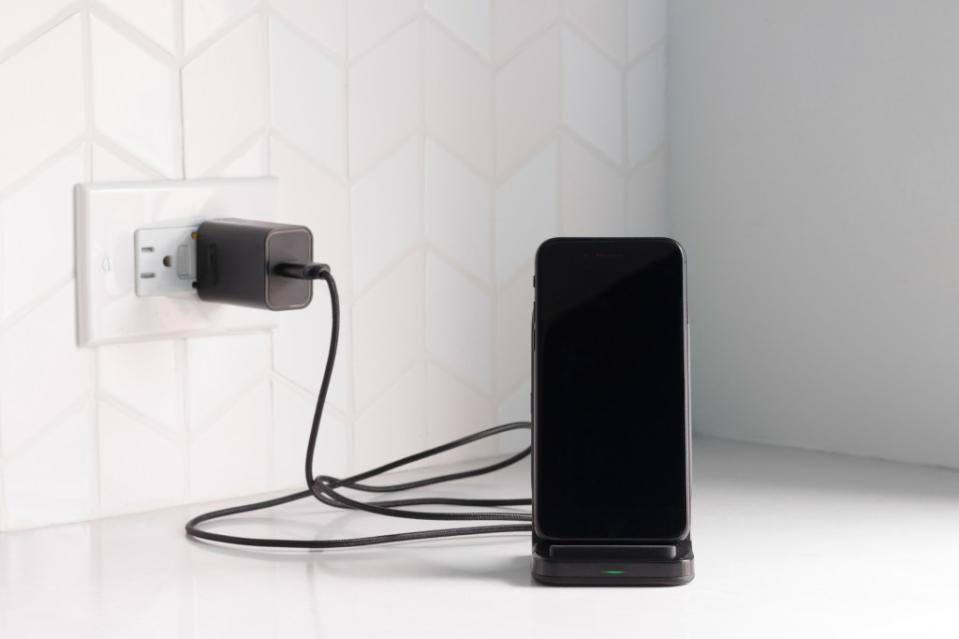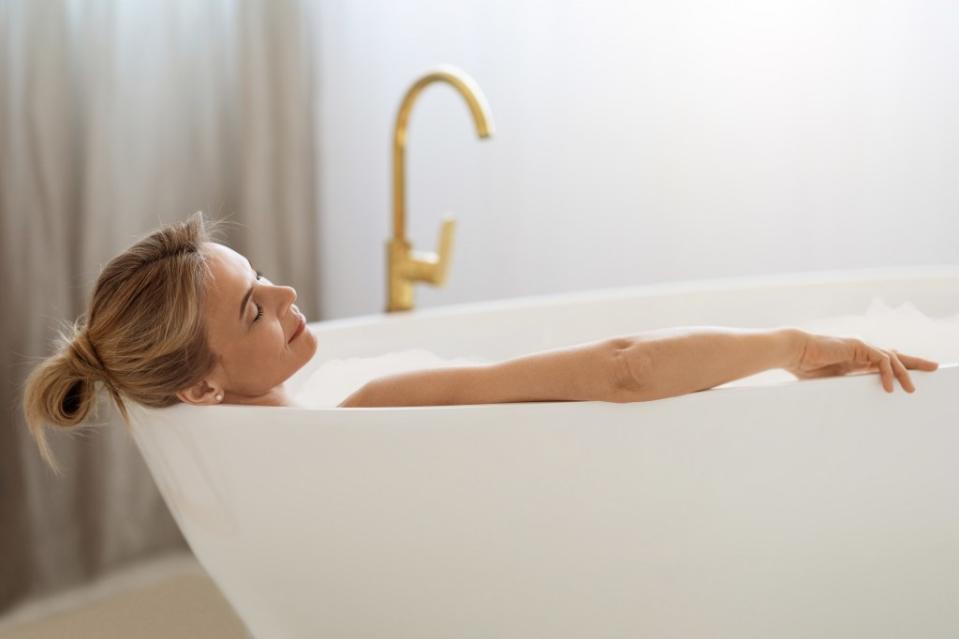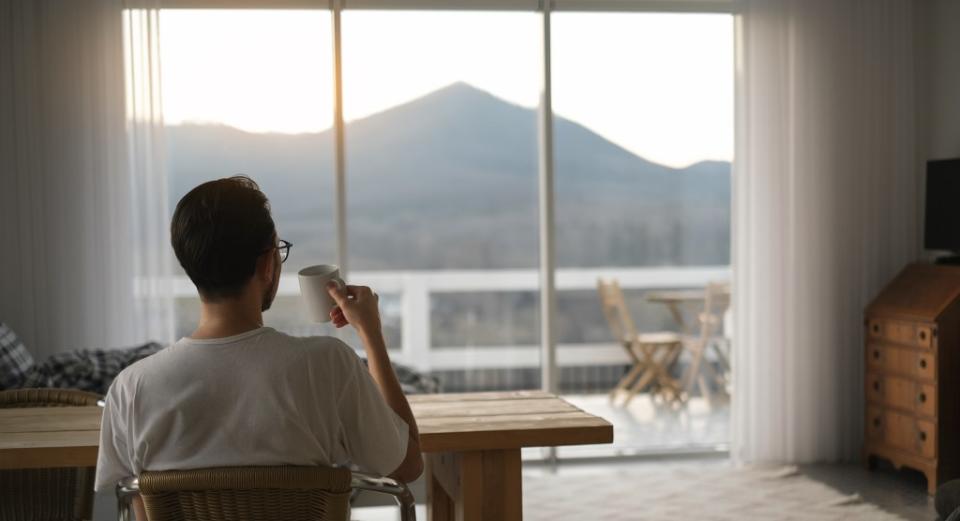6 expert tips to do tonight for a happier tomorrow

Rise and shine!
Turns out the secret to having a great morning starts the night before, according to experts. In fact, just a few nighttime tweaks can make all the difference for the next day ahead.
Even better: all of the tips below are completely free and easy to try tonight. Here’s what experts think you should be doing to start your day off on the right foot.

Go for an after-dinner stroll
An evening stroll isn’t just nice for taking in the weather, it can also legitimately help your health.
“I go for a walk every evening, which allows me to process the day’s information as my blood flow increases to my brain,” Lee Chambers, a psychologist based in the UK, told HuffPost. “This mental tidying up gives my busy mind a level of peace, meaning I go to bed with a quiet environment and a quiet internal dialogue.”
A leisurely stroll after dinner can also help to bring down blood sugar levels, according to studies. Numerous studies have also shown that spending time in nature daily — even if you live in a concrete jungle — can help keep your blood pressure under control.

Charge your phone in another room
If you use your phone as your alarm clock, you’re not alone. But experts say that you could do yourself some serious sleep favors by taking your phone out of your bedroom.
“Turn off your screens about 30 minutes before bed, and consider keeping your devices away from your bed so you’re not tempted to check them out at night,” Laurie Santos, a Yale University psychology professor, told HuffPost. “I also recommend getting one of those old-school alarm clocks that don’t talk to social media or your email.”
You’re likely already familiar with the fact that all that screen time late at night isn’t good for your circadian rhythm. We live in a “hyperstimulating” world that can put us into overdrive, Chambers said. Putting down our phones — and really keeping them out of reach until the morning can help.

Take a warm shower or bath
Showers are good, but what might really help is an evening bath, experts say.
“Totally immersing yourself in water, as opposed to showering, has been shown to lift mood in people with depression,” Justine Grosso, a mind-body psychologist, explained to HuffPost. The psychologist went on to say that it has also been shown to improve sleep for people with insomnia and boost the cardiovascular system.
But if baths just aren’t your thing (or you only have standing showers in your home), that’s OK. An evening shower can do the same trick. Showering in the evening may help you sleep more soundly because showers help to lower your core body temperature — one of the many cues your body uses to know it’s time for shut-eye, according to HuffPost.
Check in with yourself
Body scans are one way that you can check in with yourself in the evening. Here’s how to do one:
“Bring attention to each part of your body, starting with your head and moving slowly down until you reach your toes,” Cortlandt Dahl, a research scientist at the University of Wisconsin-Madison’s Center for Healthy Minds, told HuffPost. “Pay attention to the sensations you notice in your body with a sense of warmth and nonjudgmental curiosity.”
Dahl said that this technique can help you de-stress and let go of the tension from your day, as well as helping you to achieve “inner balance.”
You can also try deep breathing or gentle stretching, both of which can activate the parasympathetic nervous system, and prepare you for more rest.

Think about everything that you’ve accomplished
Several experts emphasized that reflecting on your day can be a great way to ease your body into slumber and go to sleep happily.
“Whether written or reflected upon, note the steps taken toward a goal, the challenges overcome or tasks completed, no matter how small,” Chambers said.
Noting how much you’ve accomplished in a single day can help set the stage for a positive wake-up the following morning, Chambers added.
“See if you can reframe stressful events as opportunities for self-discovery or to align with your most cherished values or guiding principles,” Dahl noted.
Write down what you’re grateful for
The experts suggested writing down three things you’re grateful for at the end of each day. Those items can be big or small, but either way, counting your blessings has been shown to lead to “significant improvements in your well-being,” according to Robert Emmons, a professor at the University of California, Davis.
Dahl added that if you spend a few minutes reflecting on what you’re grateful for each evening, as you drift off to sleep, you’ll naturally feel less stressed and more connected.
Solve the daily Crossword

